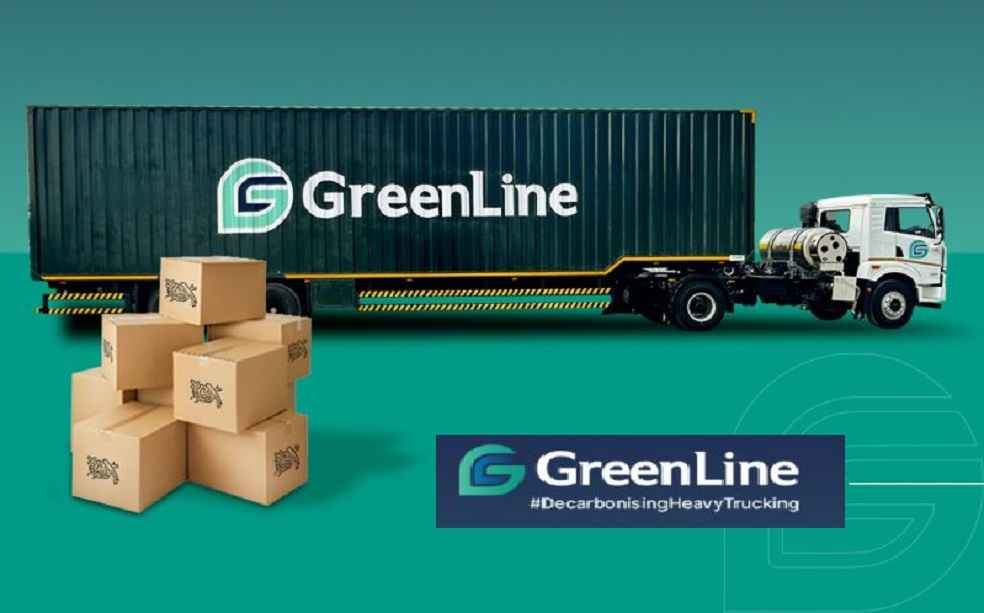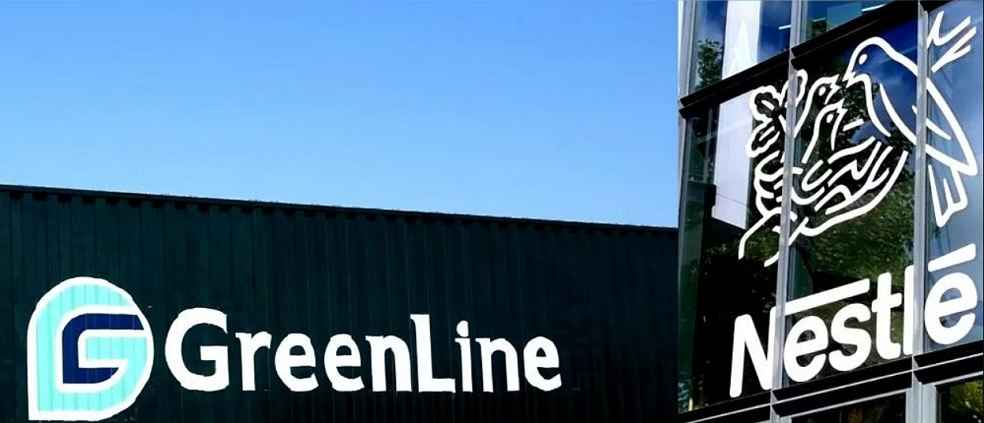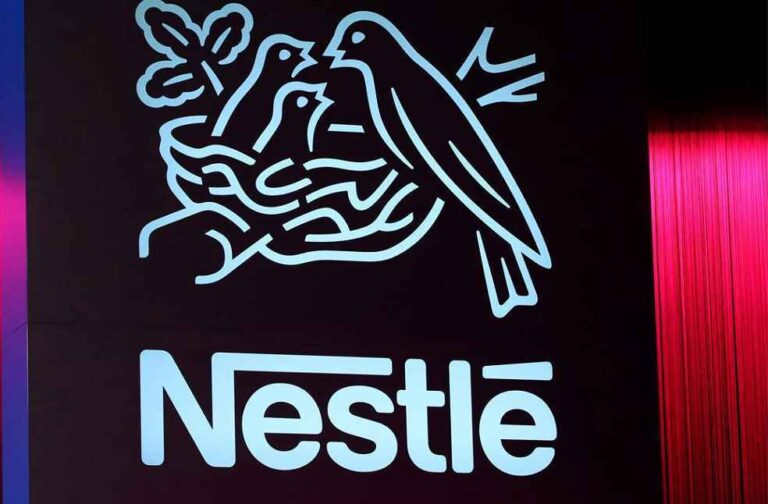Nestle India, a leading consumer goods company, is demonstrating its commitment to sustainability by embracing greener supply chain practices. The company recently partnered with Essar Group’s firm, GreenLine Logistics, heralding a significant move towards a more environmentally-friendly approach in logistics.
Nestle India plans to utilize GreenLine’s LNG (Liquefied Natural Gas) powered trucks for transporting India’s favorite snack, Maggi Noodles. GreenLine Logistics has engineered 46 feet long trucks specifically for transporting noodle boxes. These innovative LNG vehicles outperform traditional diesel-powered trucks, considerably reducing greenhouse gas emissions. An LNG fleet can cut carbon emissions by up to 30%, sulphur oxides by 100%, nitrogen oxides by 59%, carbon monoxide by 70%, and particulate matter by 91%.

By opting for these low-emission trucks, Nestle underscores its dedication to minimizing the carbon footprint of its logistics operations and promoting environmental stewardship. The 55-tonne, 46-foot LNG trucks designed by GreenLine are expected to significantly slash Nestle’s supply chain emissions. This is achieved not just through the use of cleaner fuel but also by reducing the number of vehicles required for transportation. The company will rely on fewer, larger LNG powered trucks instead of numerous smaller diesel vehicles.
The CEO of GreenLine Logistics, Anand Mimani, expressed his excitement about the collaboration, stating, “We are thrilled to announce our partnership with Nestle India in their journey to reduce emissions through our innovative green mobility solutions.” He sees this partnership as a landmark moment, setting the stage for an era of eco-friendly logistics in the Indian consumer goods industry.
Sanjay Khajuria, Director of Corporate Affairs and Sustainability at Nestle India, stressed Nestle’s commitment to net zero emissions, saying, “Sustainable logistics is a step in that direction.” He outlined Nestle’s approach, which involves utilizing different modes of transportation, alternative fuels, and larger vehicles to maximize vehicle capacity utilization.

Ashish Pandey, Head of Supply Chain at Nestle India, underlined the crucial role of sustainable transportation during the India Supply Chain Conference (ISCON) 2023. He emphasized the significance of optimizing truck capacity and supply chain networks to cut greenhouse gas emissions, and the crucial role government plays in developing infrastructure and promoting multi-modal transportation.
Pandey highlighted the need for managing e-waste responsibly in the supply chain industry, advocating for collaboration with registered service providers to ensure compliance with government regulations during e-waste disposal.
Addressing the challenge of expanding supply chains to meet the demands of Tier-2 and Tier-3 cities in India, Pandey noted that over 60% of India’s population lives in these cities, necessitating FMCG companies to focus on these markets. He encouraged working with collaborative service providers to improve market access, tailor products for these consumers, and ensure a steady supply of goods.
Through its collaboration with GreenLine Logistics, Nestle India is pioneering a sustainable path for the consumer goods industry in India. This partnership may serve as a model for other industry leaders, urging them to prioritize sustainability, foster a cleaner environment, and create a sustainable future for all.
TRADE TECH: 3PL Evolution: E-Commerce Tech and SaaS Propel Logistics Forward



